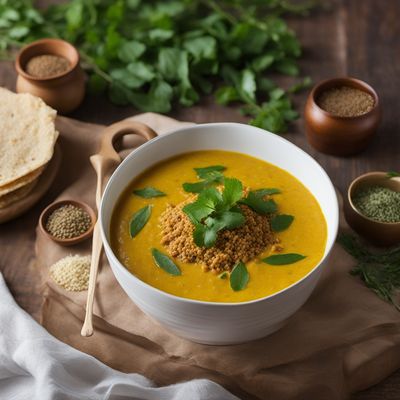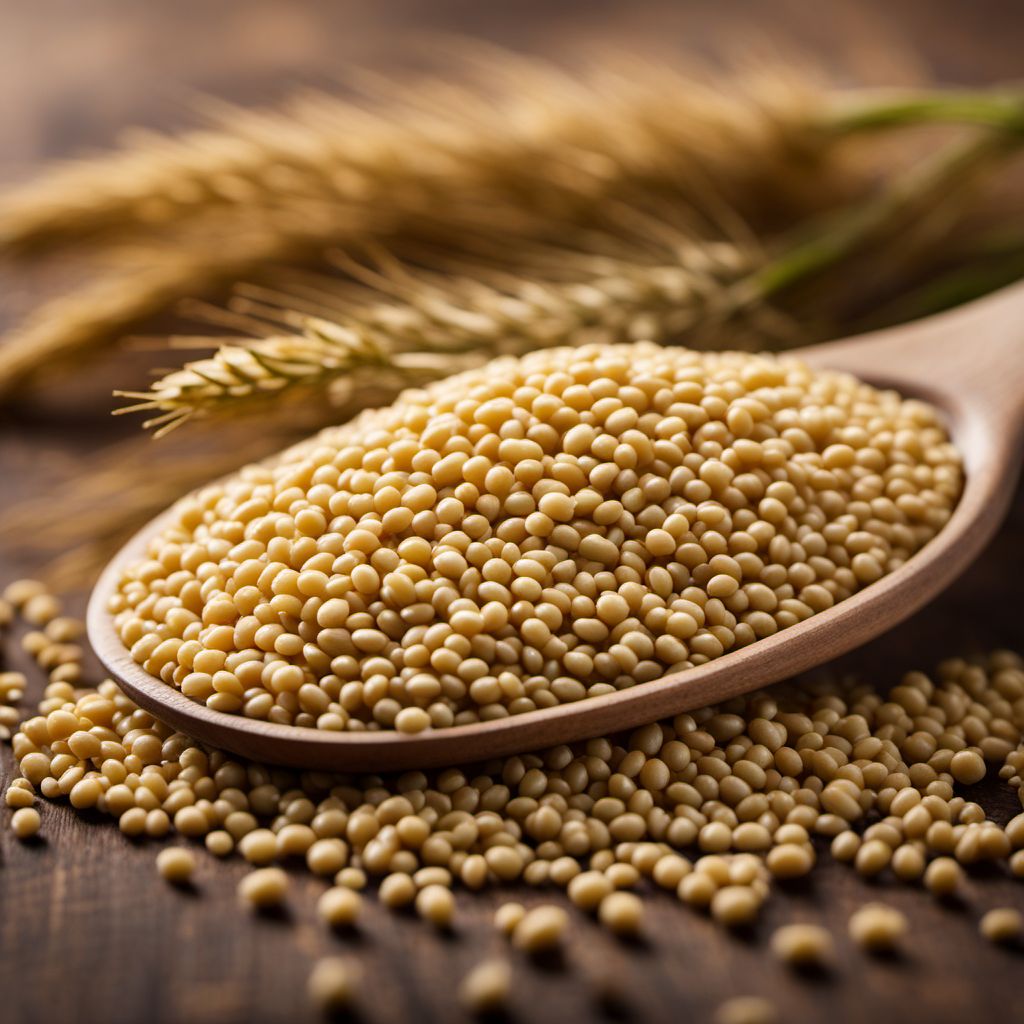
Ingredient
Foxtail millet grain
The Ancient Superfood: Foxtail Millet Grain
Foxtail millet grain is a small, pale yellow grain with a mild, nutty flavor and a delicate, fluffy texture. It is slightly sweet and has a pleasant earthy aroma. The grains are small and round, resembling tiny pearls. When cooked, foxtail millet grain retains its shape and has a light, fluffy consistency. It is gluten-free and easy to digest, making it a popular choice for those with dietary restrictions or sensitivities. This ancient grain is not only delicious but also packed with essential nutrients, making it a valuable addition to a healthy diet.
Origins and history
Foxtail millet grain originated in China and has been cultivated for over 7,000 years. It was one of the first domesticated crops in East Asia and has since spread to various parts of the world, including India, Africa, and Europe. In many Asian countries, foxtail millet grain has been a dietary staple, providing sustenance to millions of people. Its resilience and ability to grow in diverse climates have made it an important crop in regions with challenging agricultural conditions.
Nutritional information
Foxtail millet grain is a nutritional powerhouse, rich in fiber, protein, and essential minerals such as iron, magnesium, and phosphorus. It is also a good source of B vitamins and antioxidants. A 1-cup serving of cooked foxtail millet grain contains approximately 207 calories, 2.2 grams of fat, 41 grams of carbohydrates, 6 grams of fiber, and 6 grams of protein.
Allergens
Foxtail millet grain is gluten-free and does not contain any known allergens.
How to select
When selecting foxtail millet grain, look for grains that are clean, dry, and free from any signs of moisture or insect damage. Opt for organic varieties whenever possible to ensure the highest quality and avoid any potential pesticide residues.
Storage recommendations
To maintain the freshness and quality of foxtail millet grain, store it in an airtight container in a cool, dry place. It can be kept at room temperature for up to 6 months or refrigerated for longer shelf life.
How to produce
Foxtail millet grain can be grown by amateur gardeners in regions with warm climates. It requires well-drained soil and full sun exposure. Sow the seeds in early spring and provide regular watering until the plants are established. Harvest the mature grains when they turn golden brown and dry them thoroughly before storing.
Preparation tips
Before cooking foxtail millet grain, rinse it thoroughly under cold water to remove any impurities or debris. To enhance its flavor, you can dry roast the grains in a pan for a few minutes before cooking. Foxtail millet grain can be cooked like rice, using a 2:1 ratio of water to grain. Simmer it over low heat for about 15-20 minutes until the grains are tender and fluffy. It can be used as a base for pilafs, salads, porridges, or as a substitute for rice in various dishes.
Substitutions
Quinoa or amaranth can be used as suitable substitutes for foxtail millet grain, offering a similar texture and nutritional profile.
Culinary uses
Foxtail millet grain is commonly used in Asian cuisines, particularly in India and China. It is often used to make traditional dishes like upma, pulao, and dosa. It can also be added to soups, stews, and salads for added texture and nutrition. Additionally, foxtail millet grain can be ground into flour and used in baking recipes for gluten-free alternatives.
Availability
Foxtail millet grain is commonly available in countries such as India, China, Japan, Korea, and parts of Africa. It can also be found in specialty health food stores or online retailers in other regions.
More ingredients from this category

Canary grass grain
The Nutritional Powerhouse: Canary Grass Grain

Little millet grain
The Mighty Mini Grain
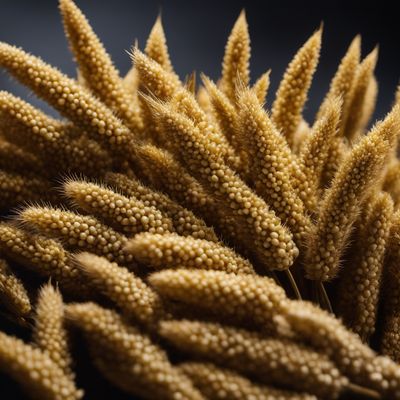
Pearl millet grain
The Nutrient-Rich Ancient Grain: Pearl Millet Unveiled
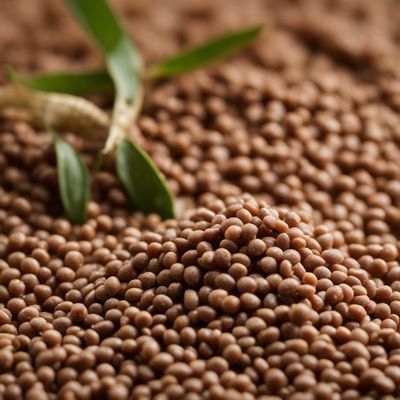
Finger millet grain
The Nutritional Powerhouse: Finger Millet Grain
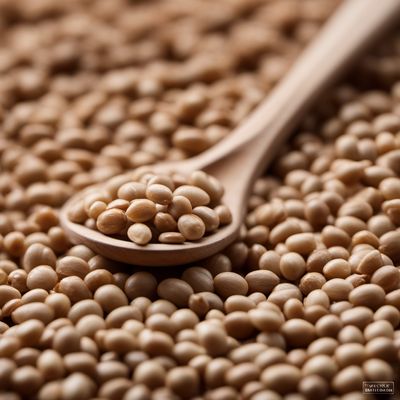
Job's tears grain
The Ancient Grain of Health
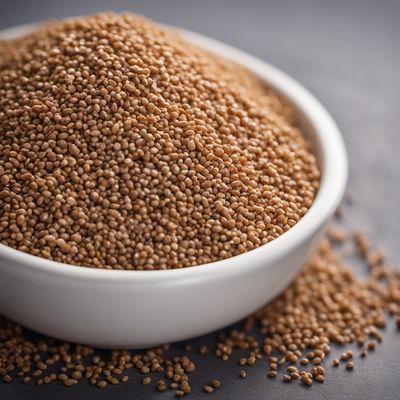
Teff grain
Teff: The Ancient Superfood
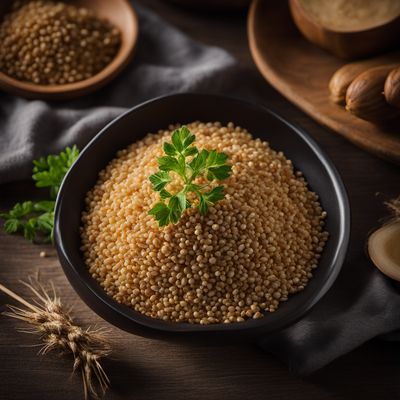
Black fonio grain
The Tiny Nutritional Powerhouse

White fonio grain
The Ancient Superfood: Unlocking the Power of White Fonio Grain
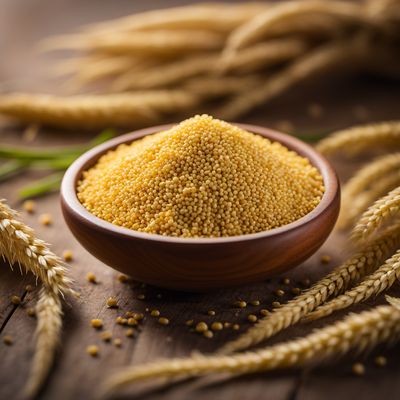
Common millet grain
The Mighty Millet: A Nutritious Ancient Grain

Barnyard millet
The Tiny Grain with Big Benefits: Exploring the Wonders of Barnyard Millet
